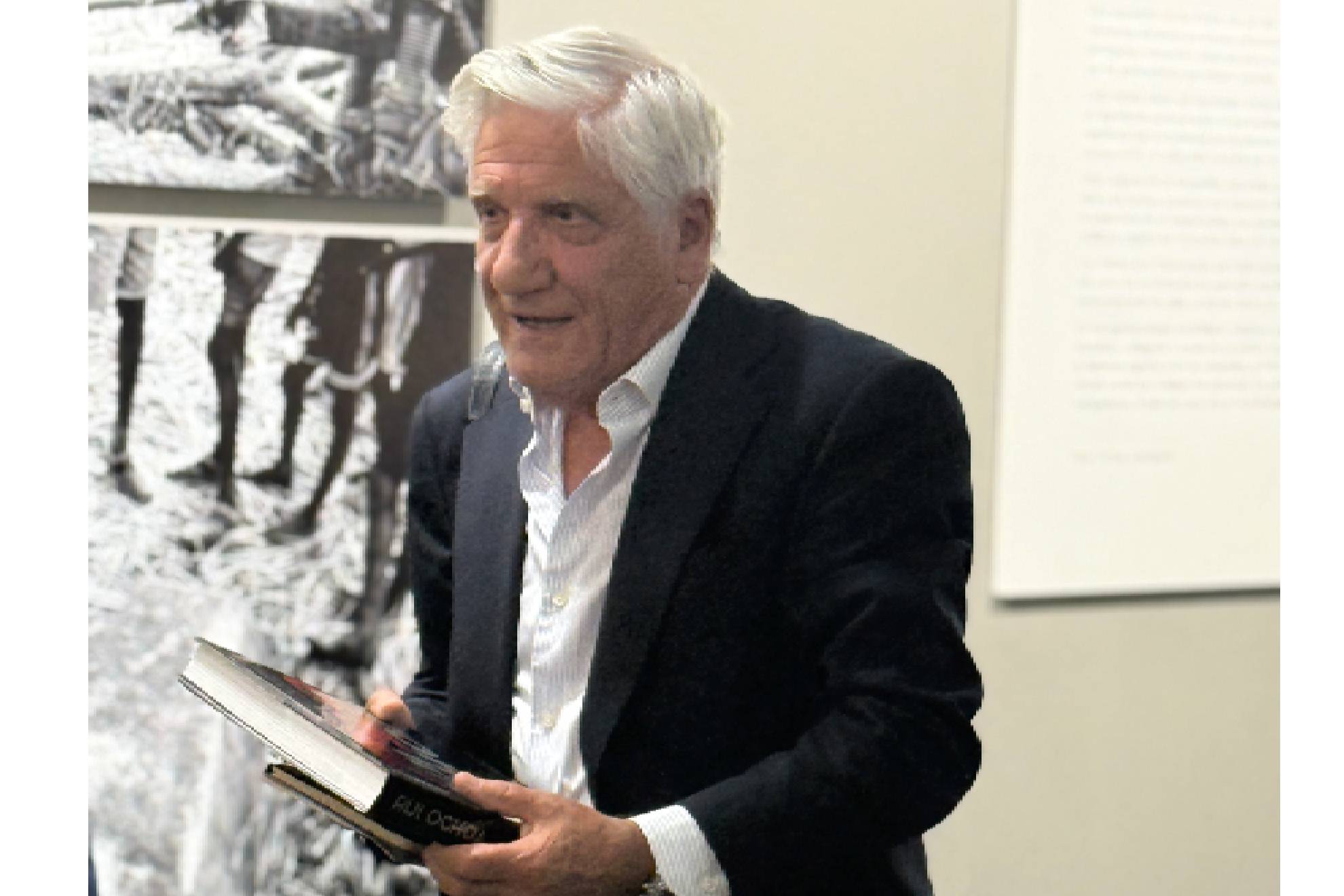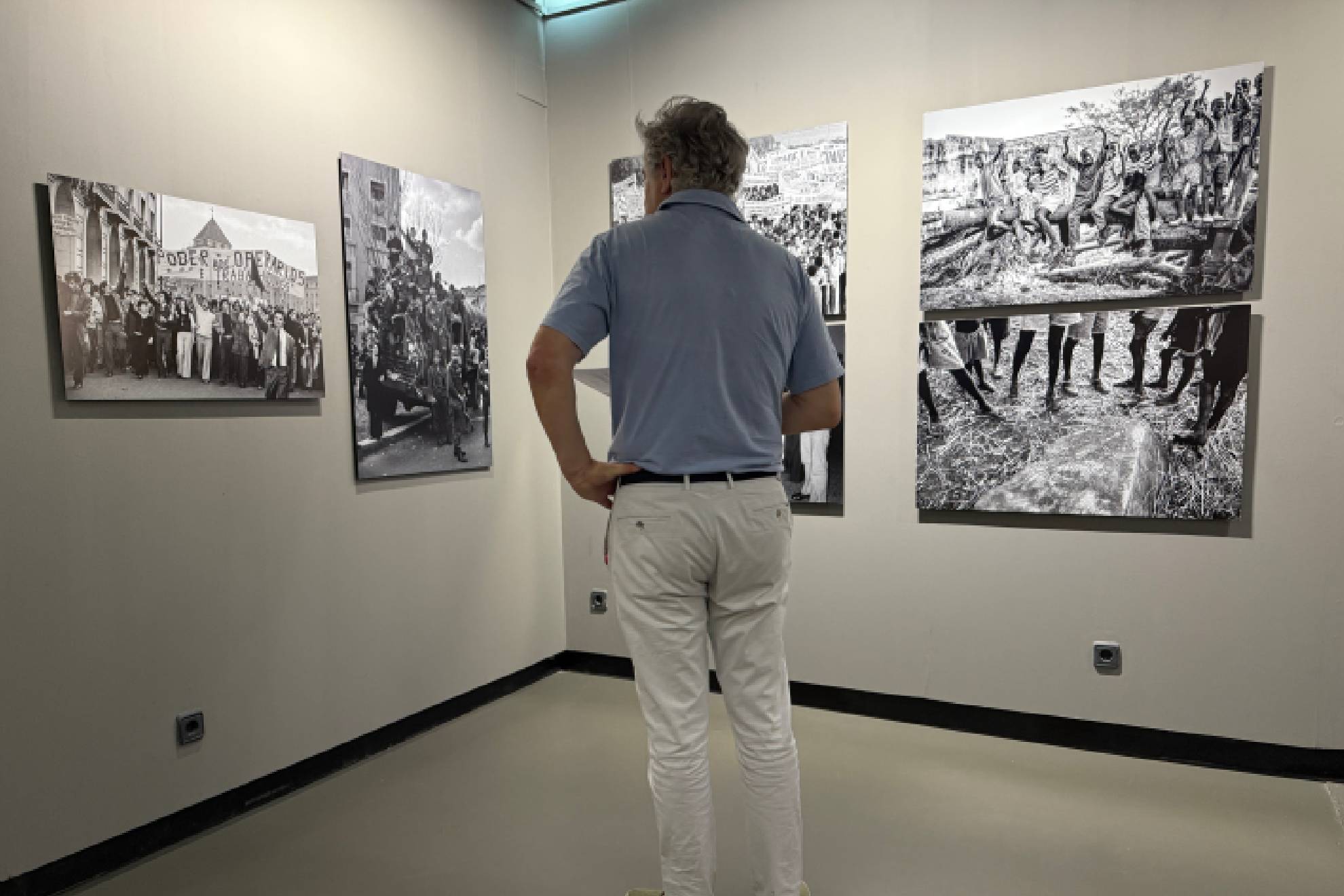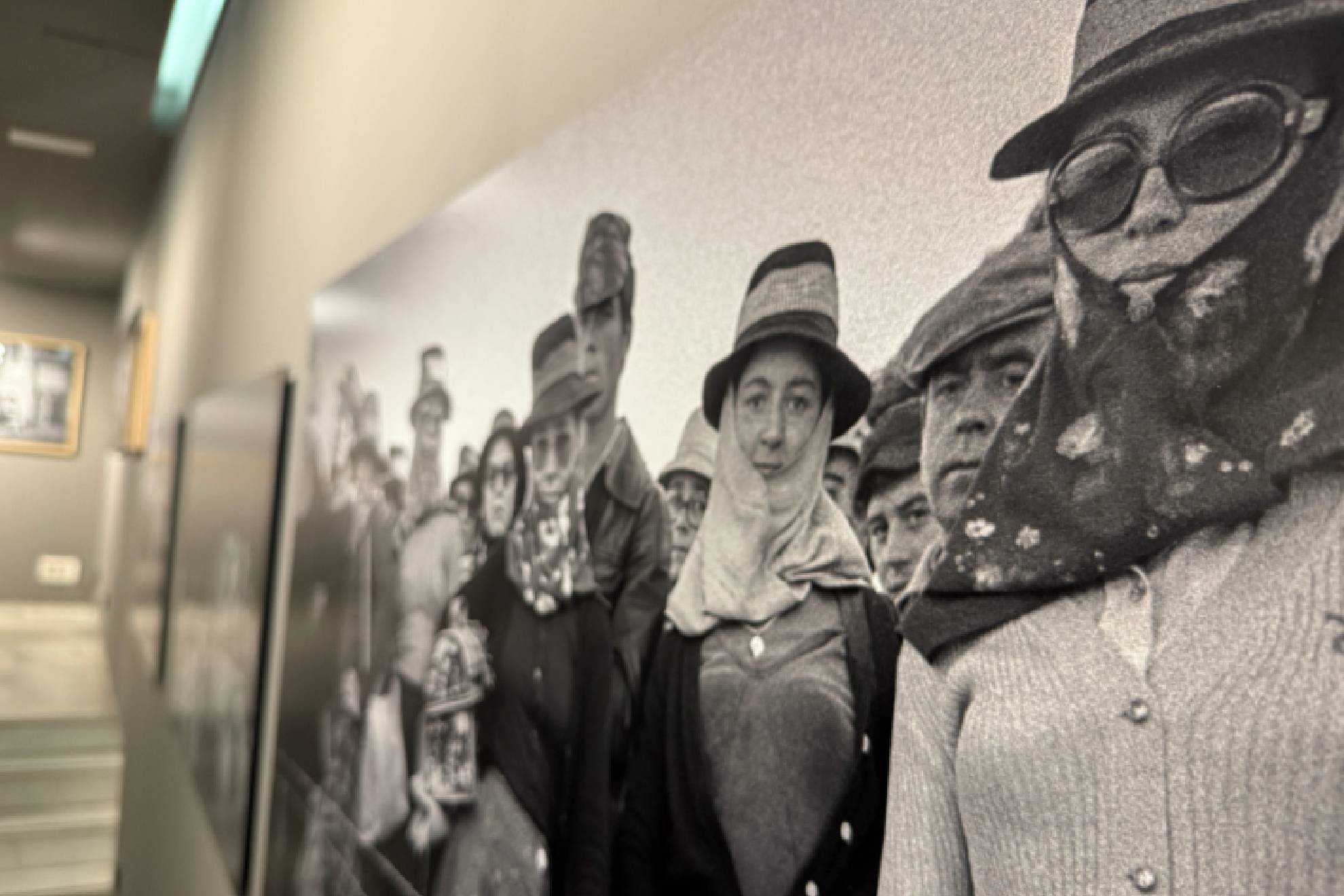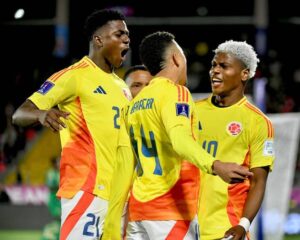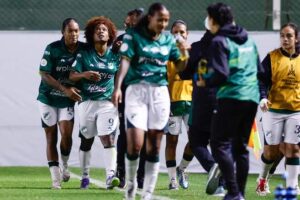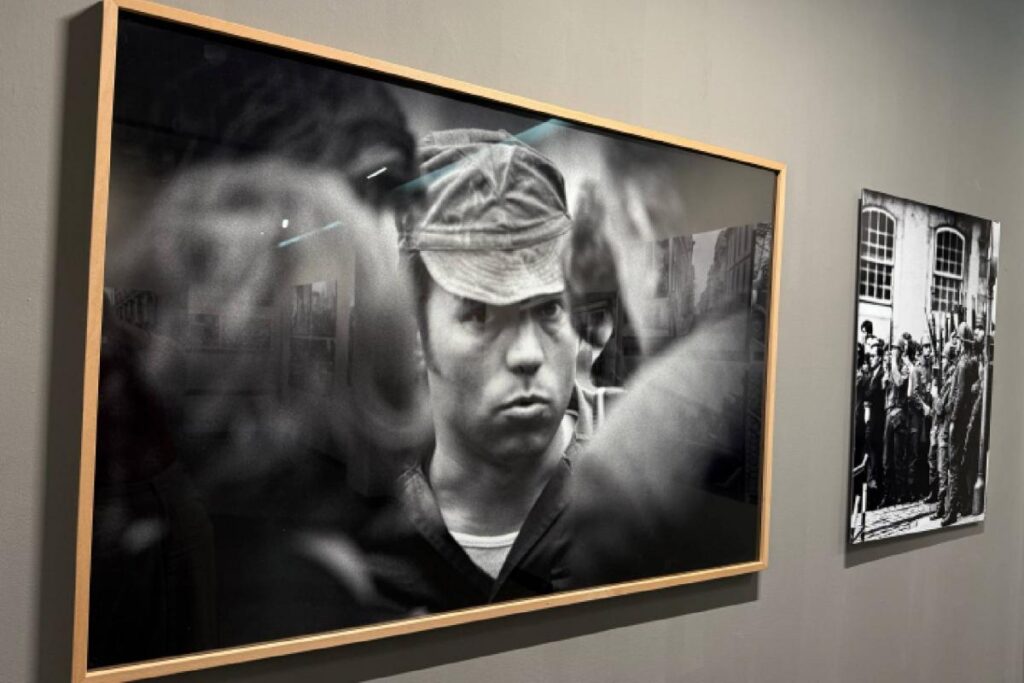
50 years ago, Portugal He lived a change situation that transformed the country radically. The Carnation revolution It was a military uprising that ended a dictatorship and gave way to a democracy.
That sociopolitical movement initiated the April 25, 1974 He led to free elections and caused the illusion in a numb people who, suddenly, recovered the prominence that had denied it for many years. A process that can be seen graphically thanks to a thirty photos taken by photojournalist Rui Ochoa and that are shown, until July 16, in the Athenaeum of Madrid in the exhibition Rui Ochoa 74-99.
“This exhibition constitutes an essential visual testimony of a decisive stage in the consolidation of democracy in Portugal,” says the photographer Cristina Gala With respect to the sample of the Madrid Athenaeum. “In that sense, The photographs of Rui Ochoa Not only do political and social changes record, but also They capture the soul of a country that aroused from the dictatorship to embrace freedom“.
Rui Ochoa in the Athenaeum of Madrid. Photo: Cristina Gala.
The exhibition, which is part of the Photospaña programwas presented by Rui Ochoa himself in a simple but emotional act. There, the photographer revealed details of that time who speak of a person very committed to his work. “The day the tanks entered through the streets of Lisbon looked like a normal work day,” explains Rui Ochoa. “I remember seeing that and throw myself to the street with my camera without being aware of the historical moment that he was going to live in Portugal. ”
Among the most significant images of this sample curated by Elisa Ochoa (daughter of Rui Ochoa) who talks about politics and a People who fought to get out of poverty and irrelevance As a company, tanks parade through Lisbon streets on April 25, 1974. For example, one in which they appear Children mounted in a tank in Guinea-Bissau.
Image of the Rui Ochoa 74-99 sample. Photo: Cristina Gala.
“The carnation revolution is one of the most exemplary democracy transits that we have lived in Europe. Even if bullets were not shot, blood was not shed, “says Rui Ochoa, a photojournalist veteran who It has covered such important events as the Gulf War, the fall of the Berlin Wall or the End of Ceaucescu regime in Romania.
In the sample Rui Ochoa 74-99 Not only do faces as significant from this period like those of the military appear Salgueiro Maia Y Otelo Saraiva de Carvalho the politicians as Mário Soares. In the images taken by the photojournalist, protesters, children and elderly appear in their day to day, showing the socio -economic and labor difficulties through which it passed An impoverished and forgotten by its leaders.
The sample can be seen until July 16. Photo: Cristina Gala.
As many times in his life, Rui Ochoa once again demonstrates his commitment to social struggles and labor conflicts in a job that has shaped a book where the texts that accompany the images have the firm of Marcelo Rebelo de Sousa, current president of the Portuguese Republic.
